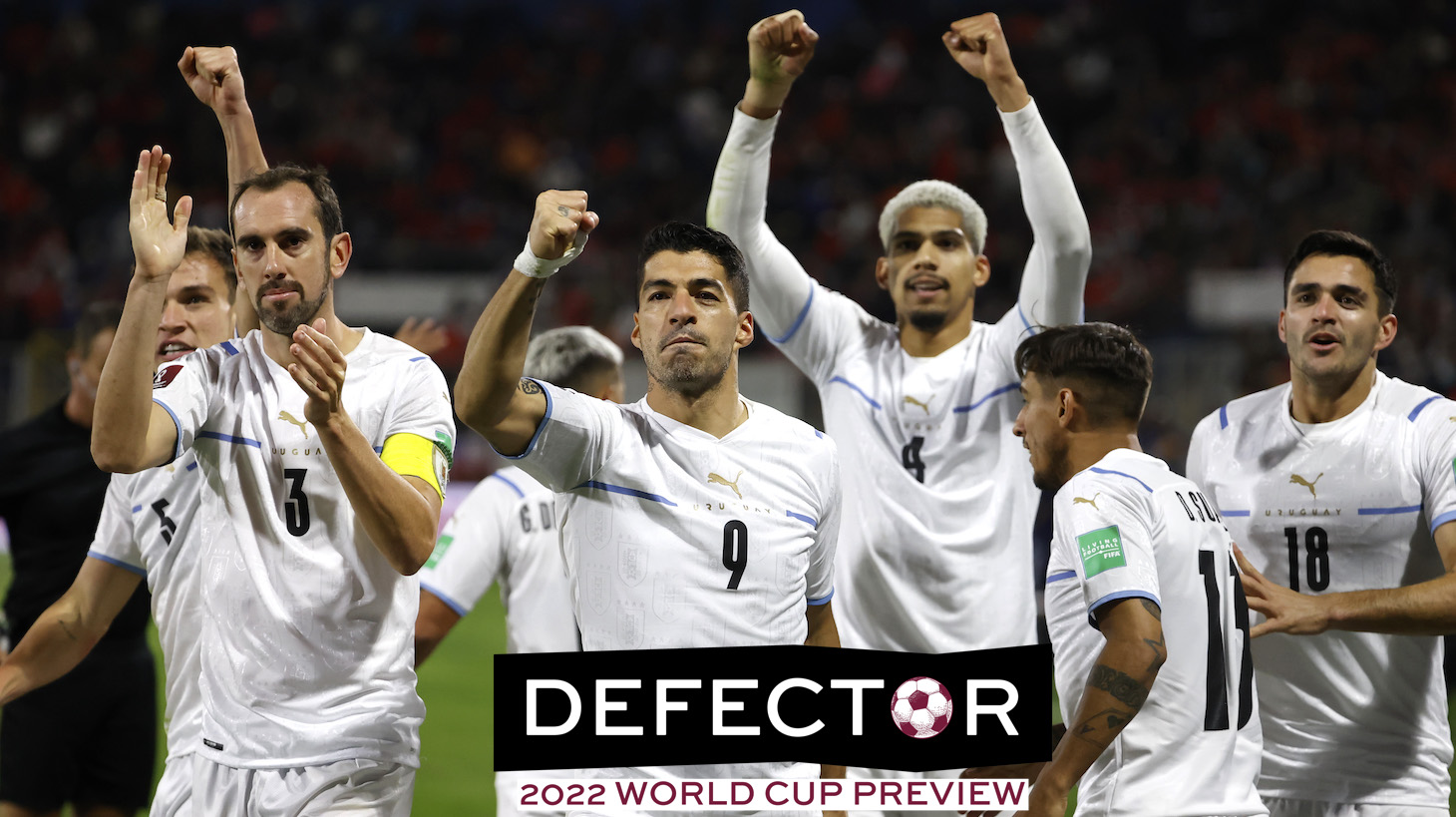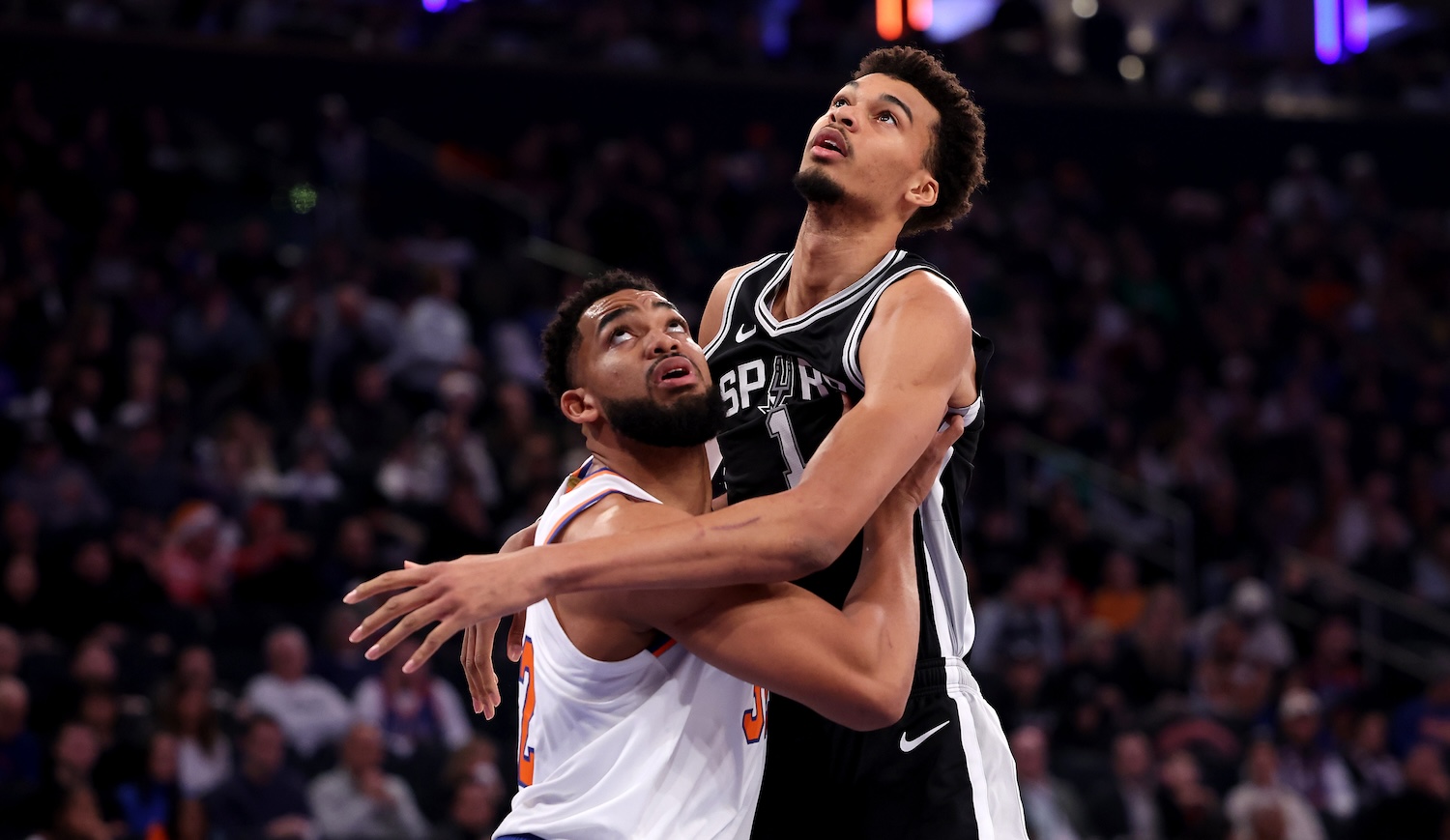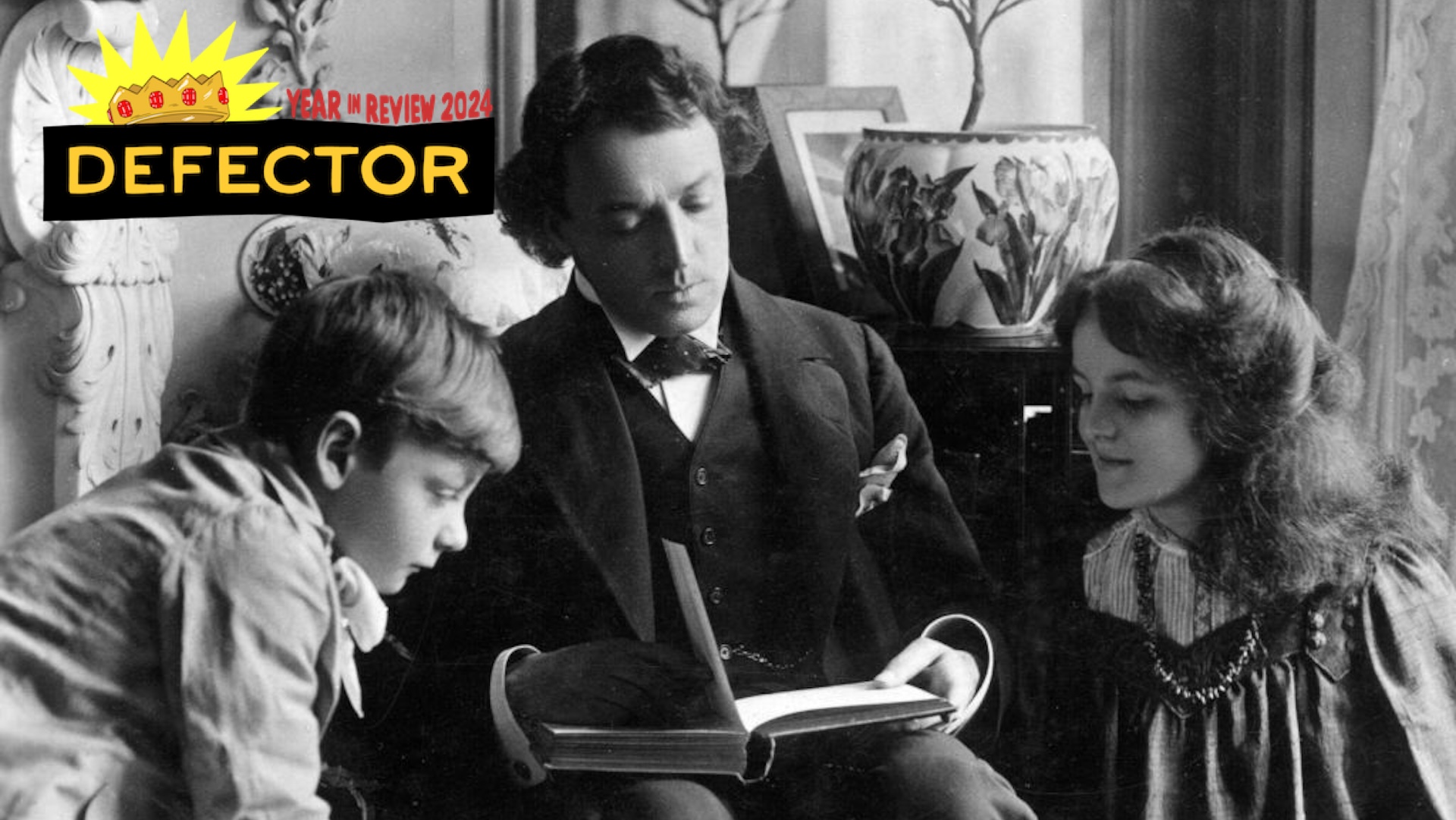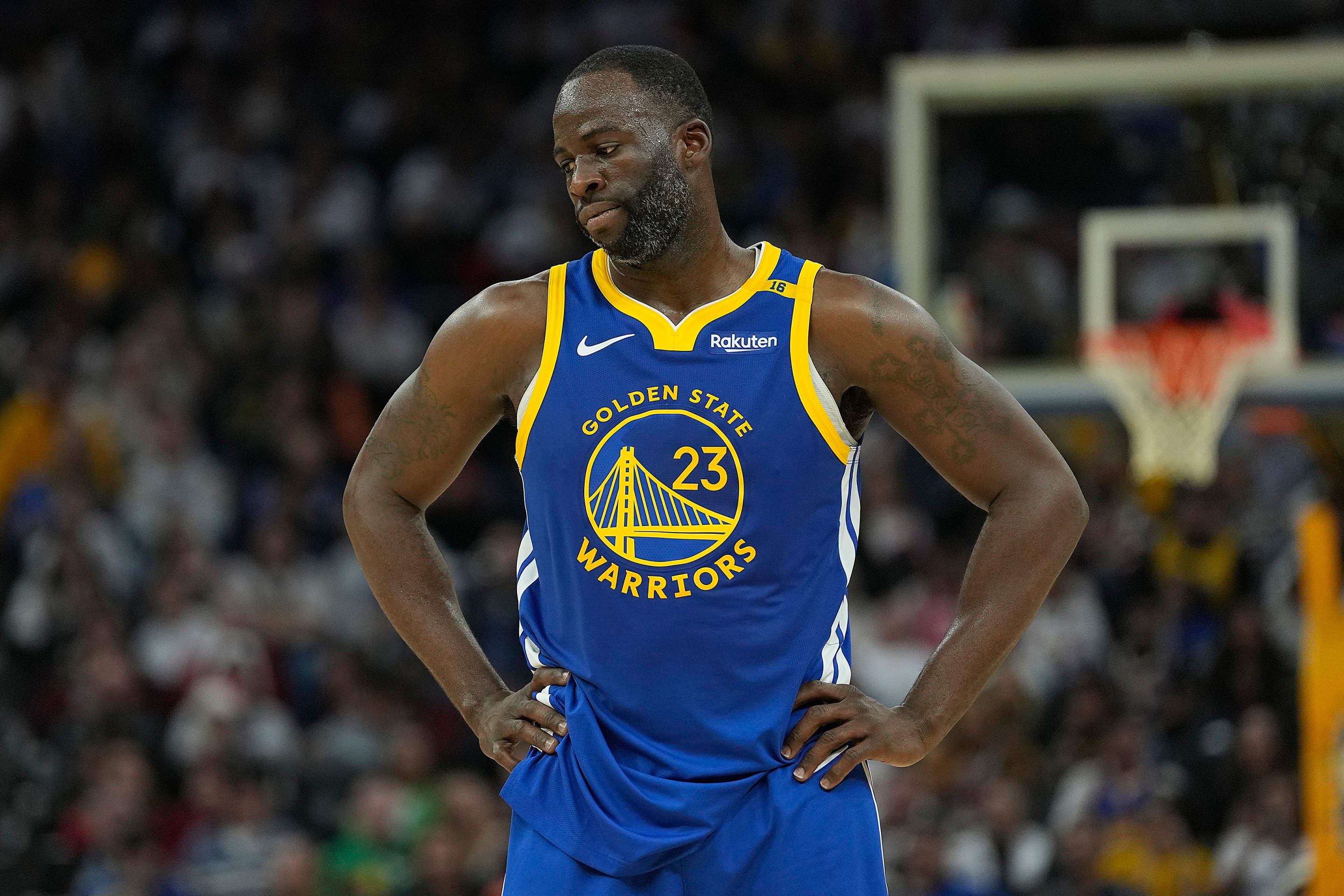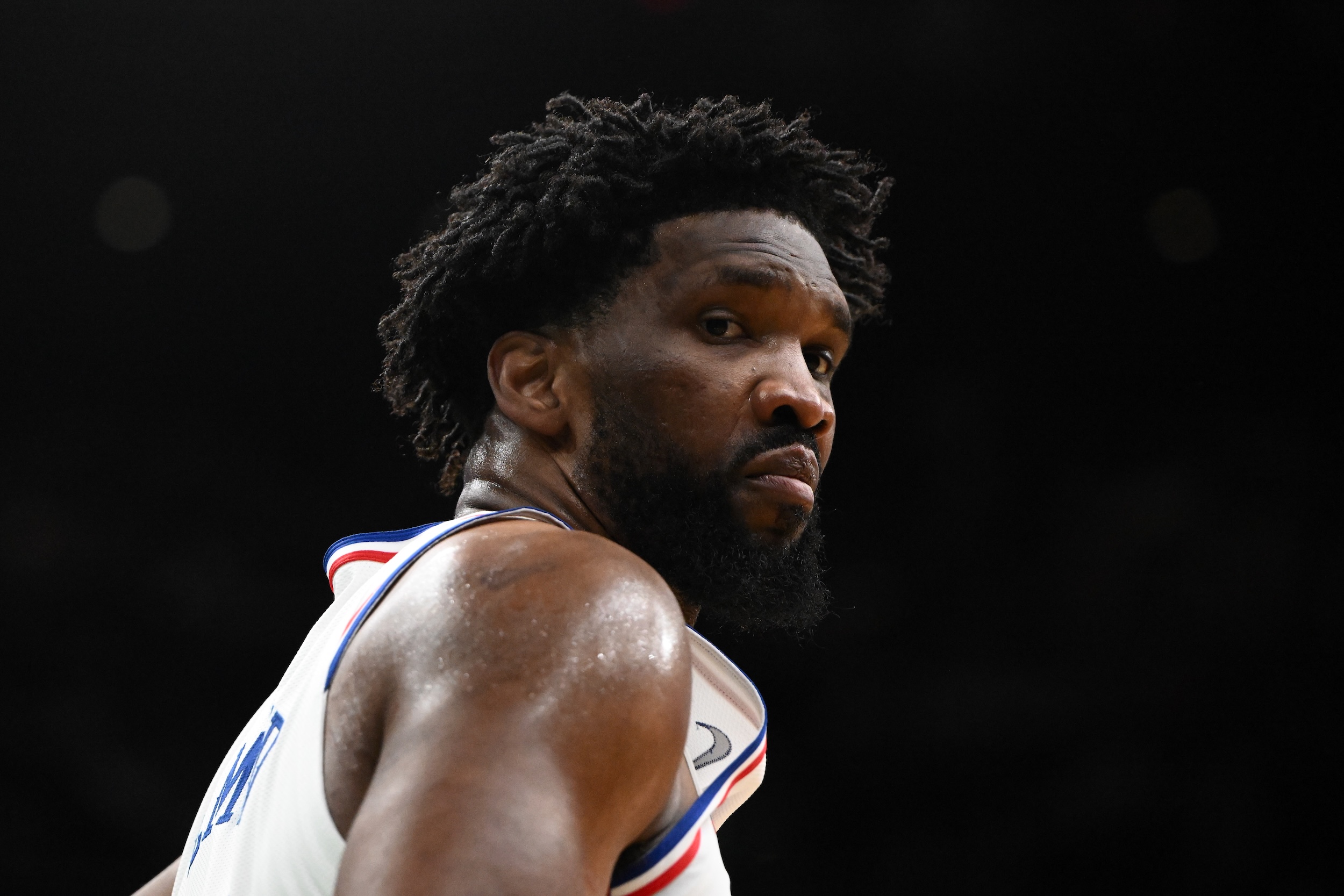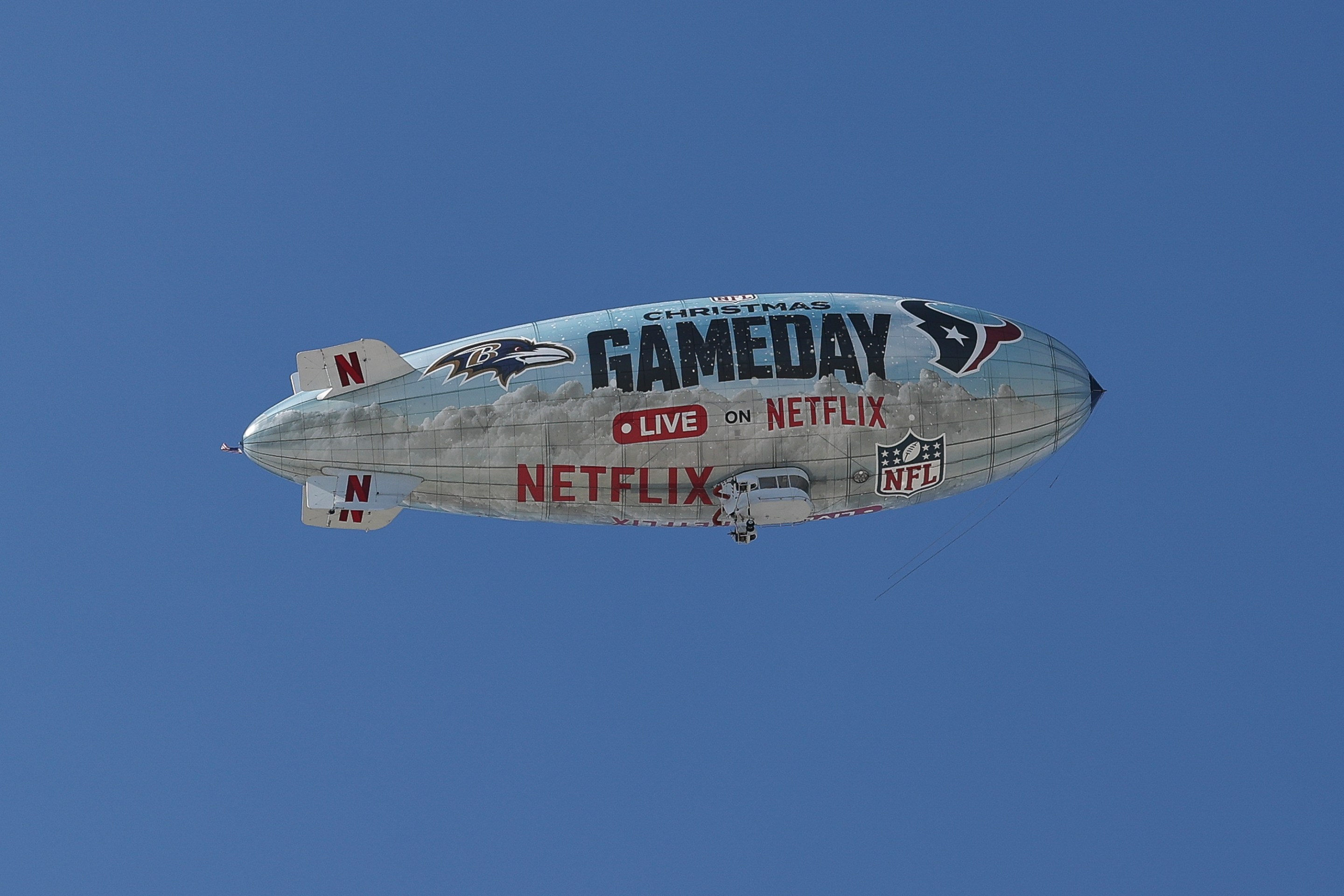It’s almost time for the 2022 World Cup. To help get you ready, we will be providing you with precious information about every team in the tournament. You can read all of our World Cup previews here.
I did not come into soccer the way a person of my age is supposed to come into soccer. I never played in organized youth leagues, my understanding of the game forged, quite sloppily, in parking lots, backyards, and recess-time school fields. I had no concept of its European outposts until well into my 20s. My earliest soccer memories, outside of slapdash pickup games, are sitting on the tile floor of my friend's South Florida home, a random soccer game playing in Telemundo on the background, while she explained to me in the lexicon of American teenage girls why Uruguay, La Celeste, was the best team in the world.
Sure, Brazil had more World Cups. And, yeah, Argentina had Maradona. And she would not even let me consider a European team because, ugh, Europe, lame! She would tell me stories about how it was plucky Uruguay that won the very first World Cup. It was heroic Uruguay which staged one of the greatest upsets in World Cup history. Here stood Uruguay—a tiny nation of about 3.4 million people, sandwiched between two great soccer powers—somehow finding a way to generate elite talent and compete at the highest level. How is this possible? She would tell me: It's because Uruguayans love soccer that much. They will their way to greatness. They play with passion. They leave their hearts on the pitch.
You could say that she and her family won me over. I can now admit, at first, it was just because I liked being over at her house and not rooting for Uruguay in an Uruguayan house seemed rude. But over time, I really did begin to believe. Because a country this size has no business being so good at soccer. You can read about this phenomenon over at Sky Sports or The New York Times, where they will spend many words trying to tell you what my friend told me: Uruguay loves soccer that much.
Uruguay barely made it into the tournament this year. After a string of losses had Uruguay ranked seventh in South American qualifying, longtime coach Óscar Tabárez was fired and replaced by Diego Alonso. With Alonso at the helm, the team rattled off four wins en route to qualification. This is one reason why there's still some mystery around how exactly Uruguay will play in the tournament, with their new leader having been in place for just a little under a year. But the time for worrying is over. La Celeste is in.
I texted my friend the night before turning this in, asking her what she wanted people to know about her beloved team. She said: "They still play with their hearts and respect other teams. And soccer remains a true sport there."
All these years later, and this year of course, I still pull for La Celeste. It reminds me of sitting on tile floors, eating snacks, and feeling like anything is possible. Because if tiny Uruguay can be this good at soccer, maybe it is.
Who Is Their Main Guy?
La Celeste, like another national soccer team you might know, is in a time of transition. The veterans are older, but still have good games left in them, while the next generation is arriving, but not quite at the stage where they can take over the whole squad. So there are the familiar names you expect: Forwards Luis Suárez and Edinson Cavani—once the young faces of Uruguay's golden generation—both return for their fourth World Cup. You know them if you've followed, well, any European soccer in the past, as Cavani hung his hat at Paris Saint-Germain, then Manchester United, while Suárez played at Liverpool, then Barcelona. They are not at their peak, but they make up for that in international experience.
(A quick but necessary aside. You also might not know Suárez for his goals. You might know him for biting people three separate times on the pitch. You also might remember him for his racial abuse incident, when he called Manchester United's Patrice Evra "negro"; Suárez wrote in his biography that he is not racist and did not realize the word's connotations in English. For all his talent and accomplishments, these too are a part of Suárez's legacy.)
Entering their primes are Uruguay's can-do-anything midfielders, Federico Valverde and Rodrigo Bentancur. Their names will be familiar if you follow Real Madrid (Valverde) or Tottenham Hotspur (Bentancur). Valverde is a three-dimensional midfielder who has also logged six goals and two assists already this season with Real Madrid, including this absolute rocket launch. Over in England, Bentancur has four goals and two assists, including this goal to give Spurs the win over Leeds. But don't let the pretty goals fool you; The Athletic once headlined a piece on him with the apt description: "A fighter who relishes making tackles and loves the ugly side of the game."
Who Is Their Main Scoring Guy?
Ah, yes, for you see with all that firepower we have still not gotten to the player who is possibly Uruguay's most exciting: Darwin Núñez. The forward joined Liverpool over the summer from Benfica (reportedly for a £64 million transfer fee). It took some time, much to the chagrin of Liverpool fans, for Núñez to find his rhythm in the Premier League but, once he did, the goals arrived. Despite starting the season with a dry spell, he's sitting at sixth in the league in goals per 90 minutes, and he goes up to fourth when you take out penalty kicks. But enough with the stats and fancy soccer words! Let's look at the pretty goals!
Darwin Nunez just looks the real deal 🔥 pic.twitter.com/1j0lIsdbiH
— Ivan Schwakoff LFC Transfer News (@Ivan_Schwakoff) November 14, 2022
Where’s The Beef?
Which teams or players does Uruguay not like? Do Uruguay's players like each other? We investigate their potential enemies.
Is it just a coincidence or a sign of greater forces at work (or, this being FIFA, bribery) that Uruguay ended up in the same bracket this year as Ghana? If you watch sports for the drama, for the storylines, for the heated glares, and the one percent chance that there will be fisticuffs, this is the matchup for you.
To understand how two countries separated by approximately 4,500 miles could have such a feud, we must go back to the 2010 World Cup in South Africa. Ghana and Uruguay were playing each other in the quarterfinals, with the winner advancing to the semis. Every other African team had already been eliminated from the tournament, making Ghana the last team standing in the tournament, the first World Cup to be played on the continent. The Black Stars struck first, with a goal by Sulley Muntari, and La Celeste responded 10 minutes later with a strike from Diego Forlán. And then, silence, as the game pushed into the 120th minute, nearing the end of extra time, still tied, nothing decided.
Then, the handball. And the penalty miss. Just watch.
Ghana would not recover. It lost to Uruguay on penalty kicks.
The rematch is scheduled for 10 a.m. ET/7 a.m. PT on Dec. 2. Uruguay has the higher FIFA ranking but, as Ghana would be the first to tell you, in the World Cup, anything is possible. "When the draw was made and they saw Uruguay in Ghana's group [in Qatar] the only thing that came into mind was revenge," Asamoah Gyan told the BBC. "Ghanaians want revenge."
(Uruguay also has beef with Portugal for knocking them out of the 2018 World Cup, so there is a lot of beef in this group. However, I will not go into more detail as this section is already quite long, plus this is straightforward beef and I don't want to miss my deadline. Uruguay also has beef with Brazil and you'll learn more about why below.)
Most Likely To Go David Ospina Or James Rodríguez Mode?
Who is Uruguay's best candidate for a breakout performance that earns them a career-changing transfer? Might this potential post-tournament transfer go well, like when Colombia’s James Rodríguez went to Real Madrid after starring in the 2014 World Cup? Or could it go poorly, like when Colombia’s David Ospina went to Arsenal after starring in the 2014 World Cup?
Get ready to learn this name: Giorgian de Arrascaeta. De Arrascaeta might be a new name to Europhiles, as he's spent his professional career in Brazil, but this World Cup is the attacking midfielder's time to wow the rest of the world. His signing to Flamengo in 2019 helped ushered in one of its best recent seasons, including the 2019 Copa Libertadores and both the Copa do Brasil and the Copa Libertadores this year. His dribbles are beautiful. His passes, sublime. But, once again, why waste time with words when we can look at some amazing highlights.
⭐🇺🇾⚽ It's @qatarairways Goal of the Year honors for @Flamengo_en's Giorgian De Arrascaeta! pic.twitter.com/l5s8pkQa0f
— CONMEBOL Libertadores (@TheLibertadores) November 2, 2022
David Ospina Mode Probability Score: Remember, I am fully in the tank for La Celeste. Therefore, 0.
James Rodríguez Mode Probability Score: 10,000. Duh.
Fun Geographical Fact
It has some of the most beautiful beaches in the world. Why I have not gone, well, I don't know. Don't be like me and know this most of your life and then just put it off until "a better time." Go!
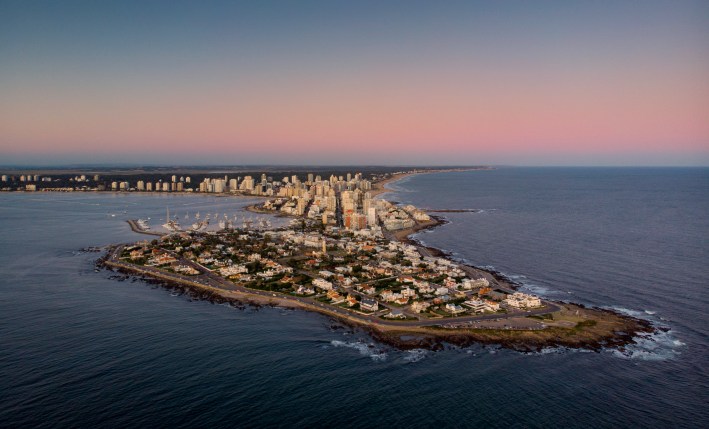
Good Flag Or Bad Flag?
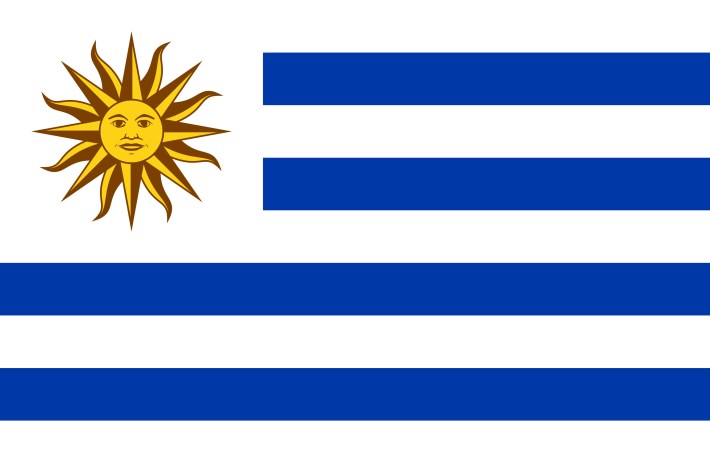
Great flag! Too many flags pull from the same playbook. They pick a few color blocks, they throw them on the flag in stripes, and call it a day. How am I supposed to keep all these flags straight? Who said flags have to be all stripes? What's a citizen of Earth gotta do to get a flag with a little originality around here? Thankfully, Uruguay has answered the call. I love the happy sun, and I love putting it in the upper left corner. Bold choices! And bold choices make for great flags!
Good Anthem Or Bad Anthem?
Great anthem! It's the "Bohemian Rhapsody" of national anthems. It has highs, it has lows, it has soft parts, it has parts that seem destined to be belted from deep within the human spirit, and then you think it might be over and—oh wait—it hits you with one last verse! As measured by bars of music, it is the longest national anthem in the world. You simply have to respect the audacity of this anthem, telling tyrants to tremble, demanding liberty or death, and proclaiming we will fulfill the vow the soul pronounces. An anthem worth blasting from your car stereo and head-banging along to with your friends.
Notable Moment In World Cup History
Brazil. 1950. At least 174,000 ecstatic Brazilian fans (some sources put it well over 200,000) packed into the brand new Maracanã Stadium, built specifically for this event. They were there to witness a coronation, what was supposed to be the first World Cup win for the Brazilian national team, ushering in Brazil on its home soil as as one of the next great global soccer powerhouses, a force that would rival every other soccer-loving nation in the world.
The coronation would have to wait. The upstarts Uruguay beat Brazil, 2–1. In the video, you can see the crowd barely moving while the Uruguayan players celebrate the seemingly impossible suddenly becoming not just possible but reality.
Alcides Ghiggia, who scored the game-winning goal, would later say: "Three people have silenced the Maracanã—Frank Sinatra, the Pope, and me." It's one of the greatest upsets in World Cup history.
Brazil has gone on to win many World Cups. But don't let the wins fool you. They also remain the only team to ever lose a World Cup final on their home soil. The loss is so legendary that Puma, kit sponsor for the Uruguay men's national team, made an entire commercial around it before Brazil hosted the 2014 World Cup. In the spot, the ghost of 1950 haunts Brazilians while draped, of course, in sky blue.
How Can They Win The World Cup?
Uruguay is expected to make it out of the group stage but, from then on, the gauntlet could be daunting. If they don't win their group over favored Portugal, their next opponent likely would be World Cup betting favorite Brazil. Getting past them could make things interesting for Uruguay, but that's hard to imagine against FIFA's No. 1 squad.
That said, Uruguay did pull off that 1950 upset against the Seleção. They also won that very first World Cup, in 1930. If there's any team, any country that's built for World Cup miracles, it's Uruguay. Soy celeste, soy celeste. Celeste soy yo!
